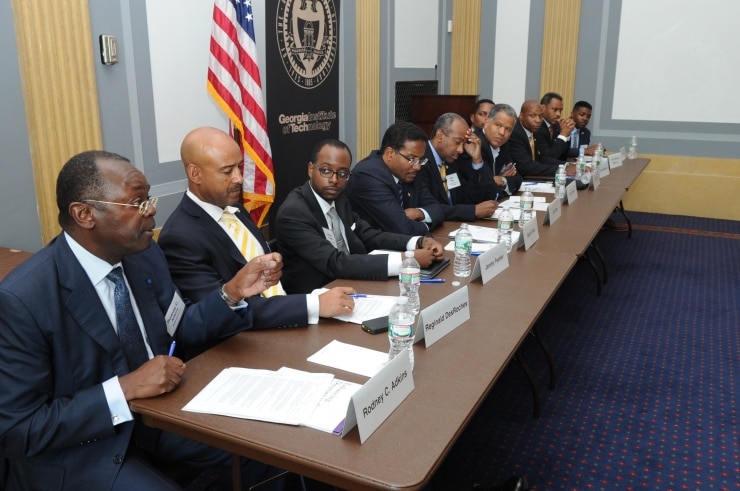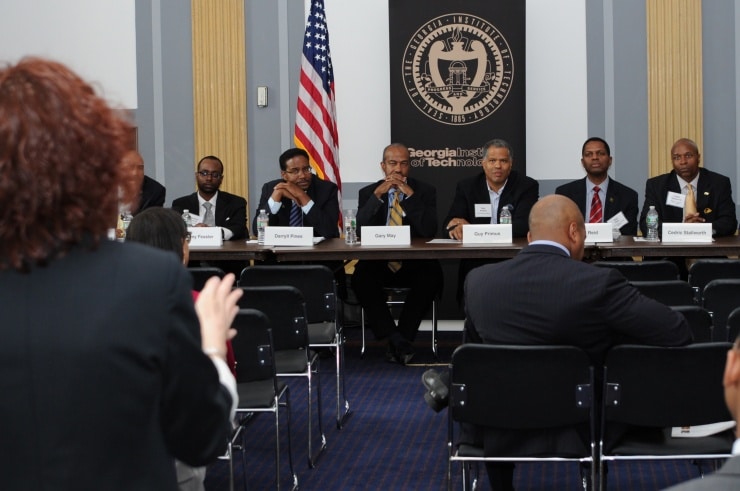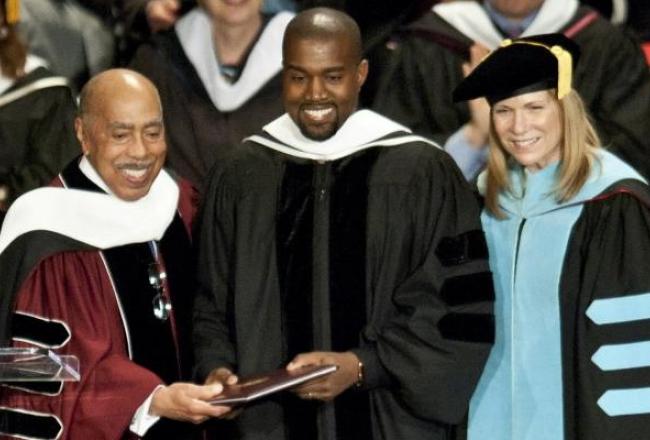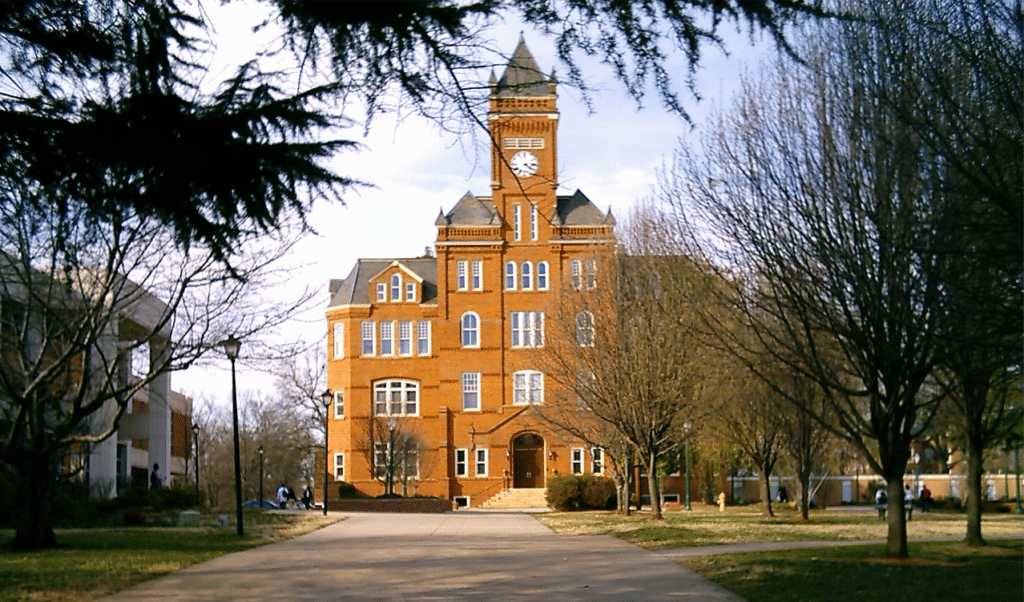For almost a decade, the number of science, technology, engineering and mathematics degrees awarded to Black males has not increased nationwide.
So Georgia Tech put together a national panel May 5 in Washington, D.C., to discuss the issue and provide solutions to increase the graduation rates of Black men in STEM fields. The panel was led by Gary May, dean of the College of Engineering at Georgia Tech. In fact, the majority of the panel was made up of Black men working in STEM.
According to Georgia Institute Technology News, “joining May on the panel were: Rodney Adkins, former senior vice president of IBM and a Georgia Tech alumnus; Reginald DesRoches, Karen and John Huff School Chair of Civil and Environmental Engineering at Georgia Tech; Jeremy Feaster, Ph.D. candidate in chemical engineering at Stanford University; Darryll Pines, dean of the Clark School of Engineering at the University of Maryland; Guy Primus, co-founder and chief operating officer of The Virtual Reality Company; Karl Reid, executive director of the National Society of Black Engineers; Cedric Stallworth, assistant dean for outreach, enrollment and community for the College of Computing at Georgia Tech; John Silvanus Wilson Jr., president of Morehouse College; and Kyle Woumn, computer science major at Georgia Tech.”
The panel discussed reasons why many Black males fall behind in STEM fields. The panelists discussed how they succeeded and what solutions could help increase numbers. They also emphasized the need for mentors, hands-on STEM programs in K-12 programs to get young people interested, and they wanted corporations and parents to get involved.
Blerds has covered STEM, discussed solutions for the issues and provided examples of successful Black men and women of all ages in STEM.
Georgia Tech is one example of Black people helping Black people to expand STEM careers to younger people. It is quite possible other institutions of higher learning will discuss and take action to include more Black males in STEM.















